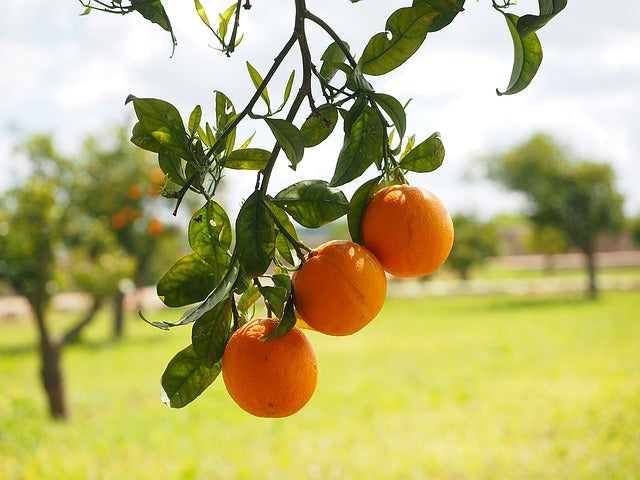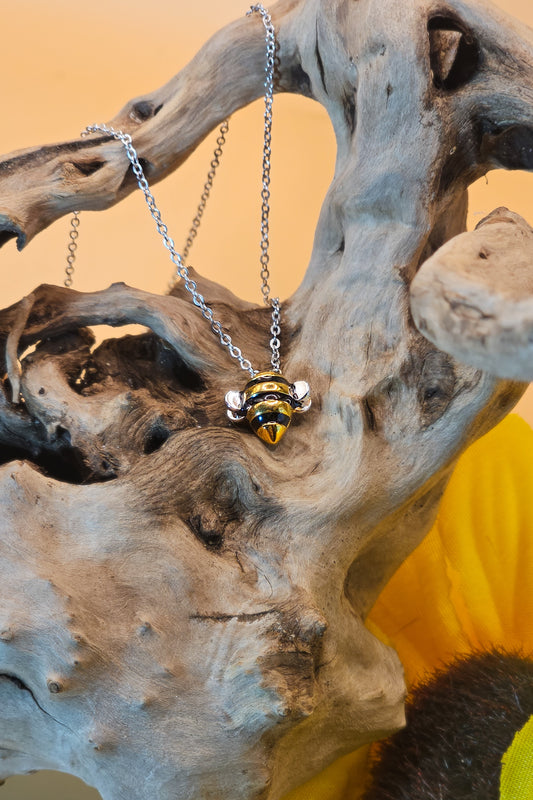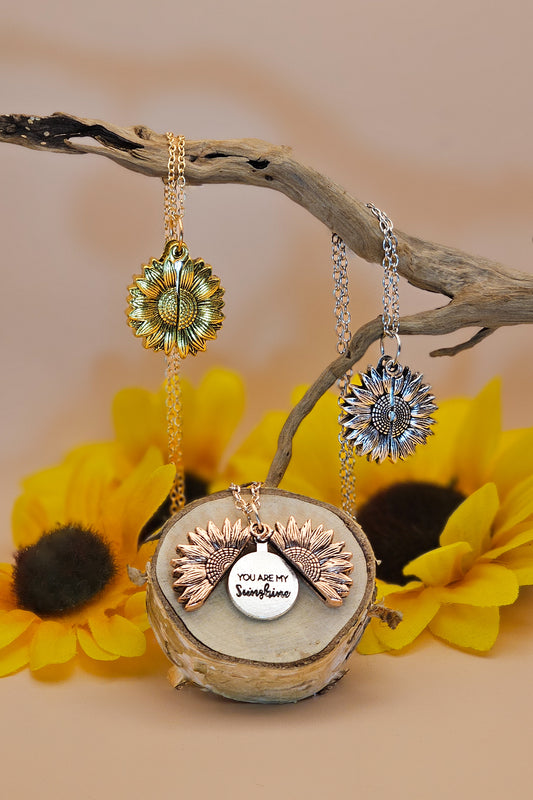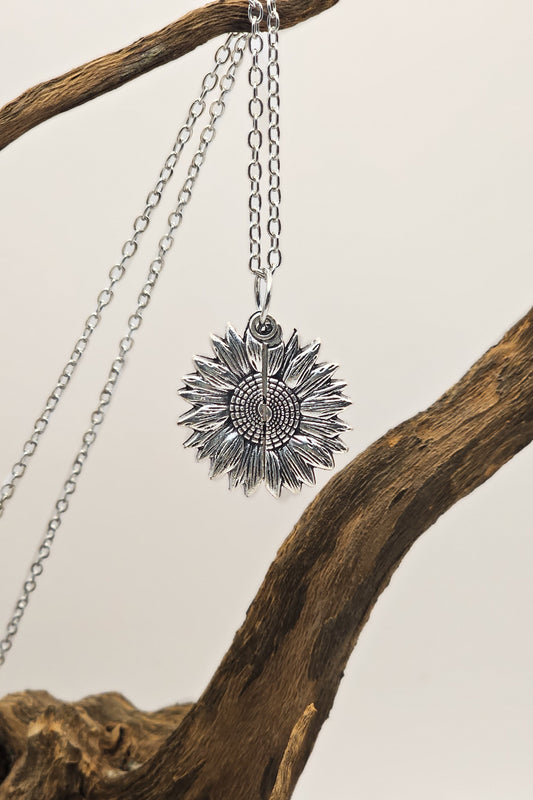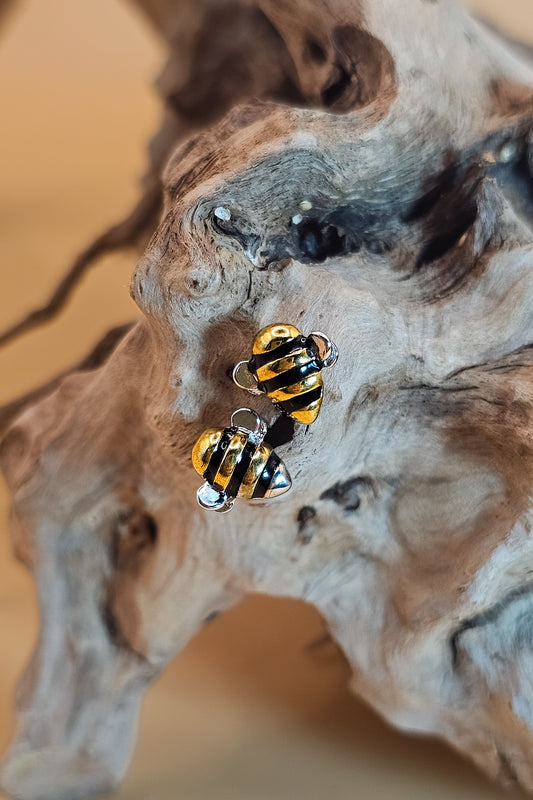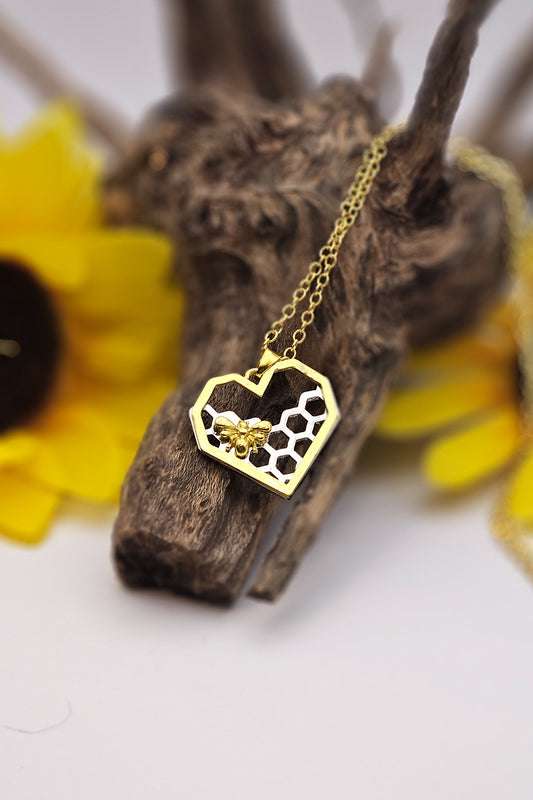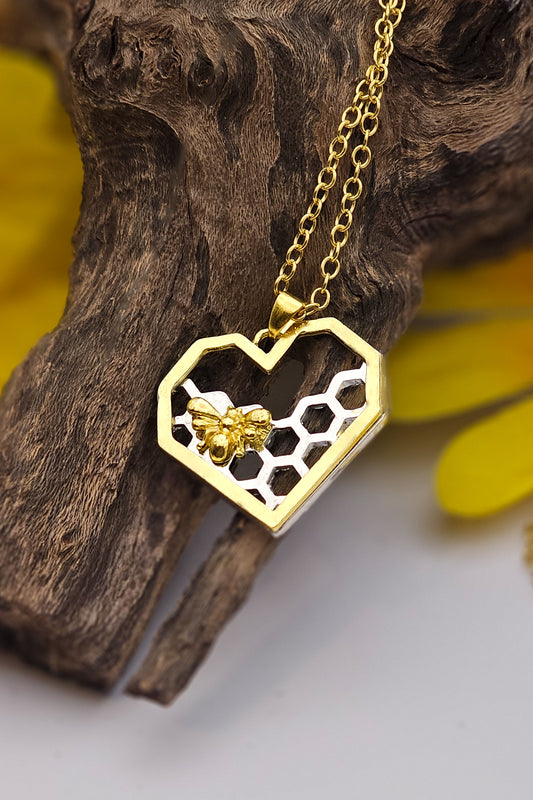Florida evokes thoughts of sunshine, beaches, and oranges.
The Sunshine State is a hub of US citrus production, with 44 percent of all citrus fruits originating there.
Historically, citrus farmers and commercial beekeepers worked together at pollination time, where hives would be placed in the groves to pollinate the orange blossoms. Now, many Florida citrus varieties are self-pollinating hybrids, which means they don’t need pollinators like honeybees.
This 2:31-minute video by the Smithsonian Channel is from 2012 and shows how honey bees used to be placed in the grove to pollinate the orange trees:
Protecting honey bees in Florida citrus groves is still very important to citrus growers. Citrus groves still provide food and resources for honeybees, since orange blossoms are rich in nectar, which gives bees the needed carbohydrates to replenish their energy as they buzz around taking care of bee business. Carbs keep them going, or they will starve and die. They also need citrus nectar so that they can make such rare delicacies as orange blossom honey and citrus honey.
The Florida climate is usually pleasant even in winter, so Florida groves can be good places for traveling beekeepers to place their hives during winter. Beekeepers move hundreds of thousands of honeybee colonies in and out of Florida as they crisscross the USA, so their bees can take advantage of the Florida climate and sweet fruity treats. It’s a good place for their bee colonies to get rejuvenated and some beekeepers start new bee colonies in Florida for the same reasons—climate and abundant fruit nectar.
The Florida citrus industry has had to drastically change in the past ten years due to challenges associated with huanglongbing (HLB), which is also known as citrus greening. The Asian citrus psyllid (ACP) spreads this disease and negatively impacts the health of citrus trees.
This 3:48-minute video by UCANR shows citrus trees with the deadly ACP:
According to research, HLB management relies on changes in production practices. One way to control ACP and therefore slow the spread of HLB is by using pesticides. Growers also utilize techniques to manage HLB to prevent pests, like scouting, monitoring, and only planting certified disease-free nursery trees.
Even though citrus growers are not beekeepers usually, they must manage their groves in such a way that is safe for pollinators and so that the chemicals they use are not harmful to foraging honeybees. You can read more about all this at the Citrus Industry website.
Even though citrus groves still provide honey bees with resources, it seems sad that the sacred natural bond between the orange tree and the honey bee has been disrupted. There may be plenty of citrus trees in private gardens and small farms where bees still pollinate the fruit trees.

